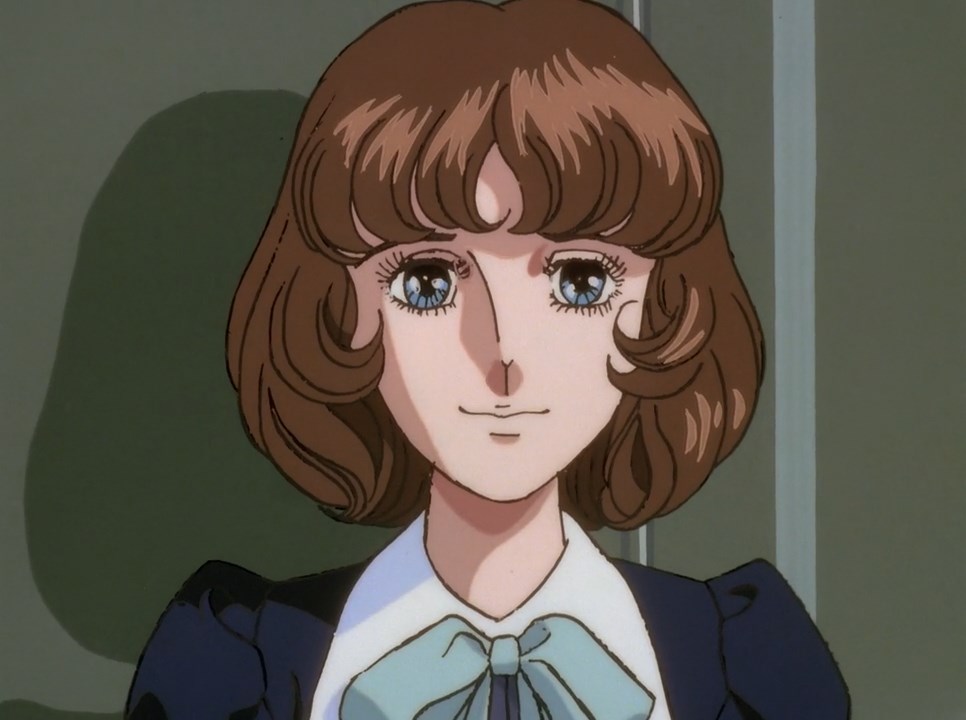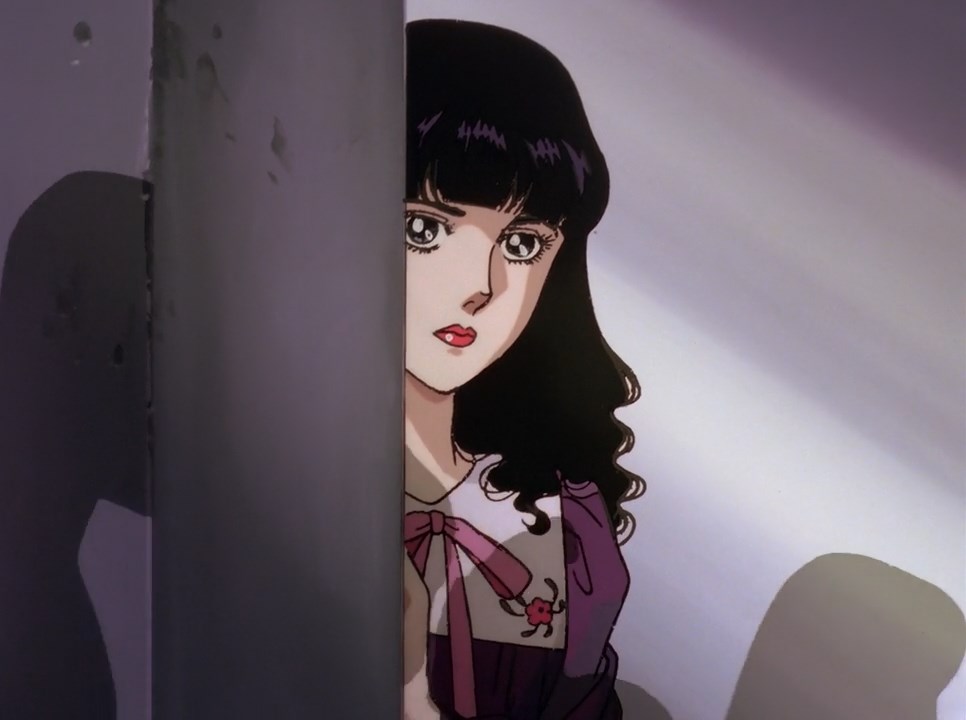When I first watched Evangelion, I didn't like it very much. I was also like 13 years-old, so I'm sure that opinion will change. In one way or another, it's an anime I've come to respect over time via other media (film, video games, influences, etc.).
Watching Evangelion as an adult is pretty interesting. The show is undeniably very 90s (duh?) in its aesthetic, ambiance, and sound design, which is something that I feel gets lost in all the discourse hogwash. I'm definitely enjoying that aspect.
It's a little unnerving how Shinji is guilt-tripped by all the adults to pilot the Eva-01, only a few episodes in. The kid has barely had time to comprehend all the responsibility being thrown his way.
Basically, the "get in the robot, Shinji" meme is lame.
I like the juxtaposition between Misato and Ritsuko. Their back-and-forth is played well, lotsa friendly banter. 







Very much enjoyed the episode where NERV HQ loses power and the characters are forced to do things manually, including the Eva launch procedure, and Shinji, Rei, and Asuka spend most of the time navigating through emergency ducts and shafts.
I honestly don't remember the character dialogue and relationships very well in Evangelion, but so far I'm enjoying it.
• • •
Missing some Tweet in this thread? You can try to
force a refresh








































